Unveiling the World of Jewelry Education: A Comprehensive Guide to Jewelry Universities
Related Articles: Unveiling the World of Jewelry Education: A Comprehensive Guide to Jewelry Universities
Introduction
In this auspicious occasion, we are delighted to delve into the intriguing topic related to Unveiling the World of Jewelry Education: A Comprehensive Guide to Jewelry Universities. Let’s weave interesting information and offer fresh perspectives to the readers.
Table of Content
Unveiling the World of Jewelry Education: A Comprehensive Guide to Jewelry Universities
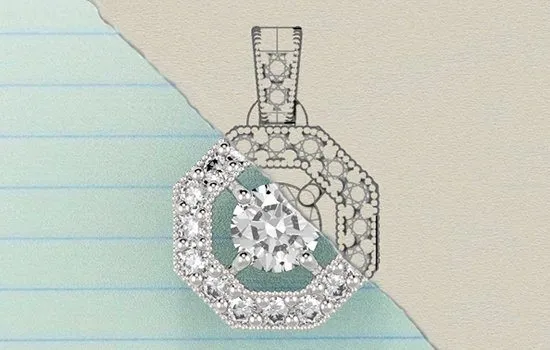
The allure of jewelry transcends mere adornment, encompassing artistry, craftsmanship, and a rich history interwoven with culture and society. For those seeking to delve deeper into this captivating world, a jewelry university offers a unique and rewarding path. These institutions provide a comprehensive education, encompassing both the technical and creative aspects of jewelry design, fabrication, and business.
Understanding the Scope of Jewelry Education
Jewelry universities are not merely vocational schools; they are academic institutions dedicated to fostering well-rounded individuals who are equipped to navigate the multifaceted jewelry industry. Their curriculums go beyond technical skills, integrating artistic expression, historical context, and business acumen.
Benefits of Pursuing Jewelry Education
1. Mastering Technical Skills:
Jewelry education equips students with the essential technical skills required to create beautiful and durable pieces. This includes:
- Metalworking: Students learn various metalworking techniques, such as casting, soldering, forging, and finishing, using a range of metals like gold, silver, platinum, and bronze.
- Gemology: A deep understanding of gemstones, including their properties, identification, and grading, is crucial for jewelry design and creation.
- CAD/CAM Design: Computer-aided design and computer-aided manufacturing (CAD/CAM) are essential for creating complex designs and generating accurate production files.
2. Cultivating Artistic Vision:
Beyond technical skills, jewelry universities foster artistic vision and creativity. Students explore:
- Design Principles: They learn about composition, balance, color theory, and other design principles to create aesthetically pleasing and impactful jewelry.
- Historical Influences: Understanding the historical context of jewelry design, from ancient civilizations to contemporary trends, provides valuable inspiration and context.
- Personal Style Development: Students are encouraged to develop their own unique artistic voice and style, shaping their individual creative identity.
3. Building Business Acumen:
Jewelry universities recognize the importance of business skills in today’s competitive market. They offer courses in:
- Marketing and Sales: Students learn how to market their work, build a brand, and engage with clients.
- Entrepreneurship: The curriculum often includes modules on setting up a jewelry business, financial management, and legal aspects.
- Industry Networking: Universities facilitate connections with industry professionals, providing valuable networking opportunities.
4. Career Pathways:
A jewelry university education opens doors to various career paths, including:
- Jewelry Designer: Create original designs for individual clients or for mass production.
- Metalsmith/Goldsmith: Craft custom jewelry pieces, specializing in specific techniques or metals.
- Gemologist: Identify, grade, and evaluate gemstones, working in retail, auction houses, or laboratories.
- Jewelry Educator: Share knowledge and passion for jewelry with future generations.
- Jewelry Business Owner: Establish and operate a successful jewelry business, from design to sales.
Choosing the Right Jewelry University
Selecting the right jewelry university is crucial for maximizing your educational journey. Consider the following factors:
- Curriculum: Review the specific courses offered, ensuring they align with your interests and career goals.
- Faculty: Research the expertise and experience of the professors, seeking out those who are active in the industry.
- Facilities: Assess the quality and accessibility of studio spaces, workshops, and equipment.
- Location: Consider the location’s proximity to jewelry industry hubs, galleries, and suppliers.
- Alumni Network: Explore the university’s alumni network and its connections to the jewelry industry.
FAQs About Jewelry Universities
1. What are the admission requirements for jewelry universities?
Admission requirements vary depending on the university. Generally, they include a high school diploma or equivalent, a portfolio showcasing your artistic abilities, and potentially a personal interview.
2. Are there any specific prerequisites for jewelry programs?
While some programs may accept students with no prior experience, others might require basic metalworking or design skills. It’s essential to check the program’s specific requirements.
3. How long does it take to complete a jewelry degree?
Jewelry programs typically range from two to four years, depending on the degree level (associate’s, bachelor’s, or master’s).
4. Are jewelry degrees recognized internationally?
Yes, jewelry degrees from reputable universities are recognized internationally, opening doors to global opportunities.
5. What are the job prospects after completing a jewelry degree?
A jewelry degree equips graduates with the skills and knowledge necessary to succeed in a diverse range of jewelry-related careers.
Tips for Success in a Jewelry University Program
- Embrace Creativity: Explore different artistic styles and experiment with various materials and techniques.
- Develop Strong Technical Skills: Practice regularly and seek feedback from your instructors to improve your craftsmanship.
- Network with Industry Professionals: Attend industry events, exhibitions, and workshops to connect with potential mentors and employers.
- Stay Informed about Trends: Keep abreast of emerging trends and technologies in the jewelry industry.
- Build a Portfolio: Document your best work and create a professional portfolio to showcase your skills and creativity.
Conclusion: A Journey of Artistic Exploration and Craftsmanship
A jewelry university offers a unique and rewarding journey for those seeking to delve deeper into the world of jewelry. By mastering technical skills, cultivating artistic vision, and building business acumen, graduates emerge as well-rounded individuals prepared to thrive in the dynamic jewelry industry. From designing exquisite pieces to managing successful businesses, a jewelry university education paves the way for a fulfilling career that combines artistry, craftsmanship, and a deep appreciation for the enduring allure of jewelry.

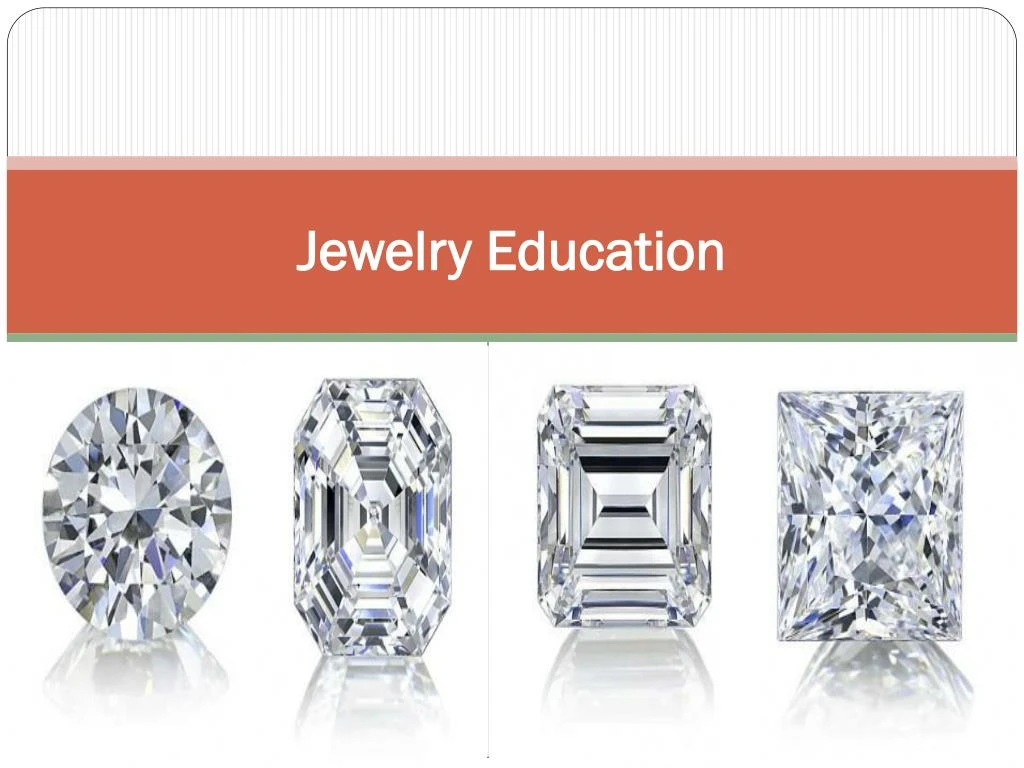

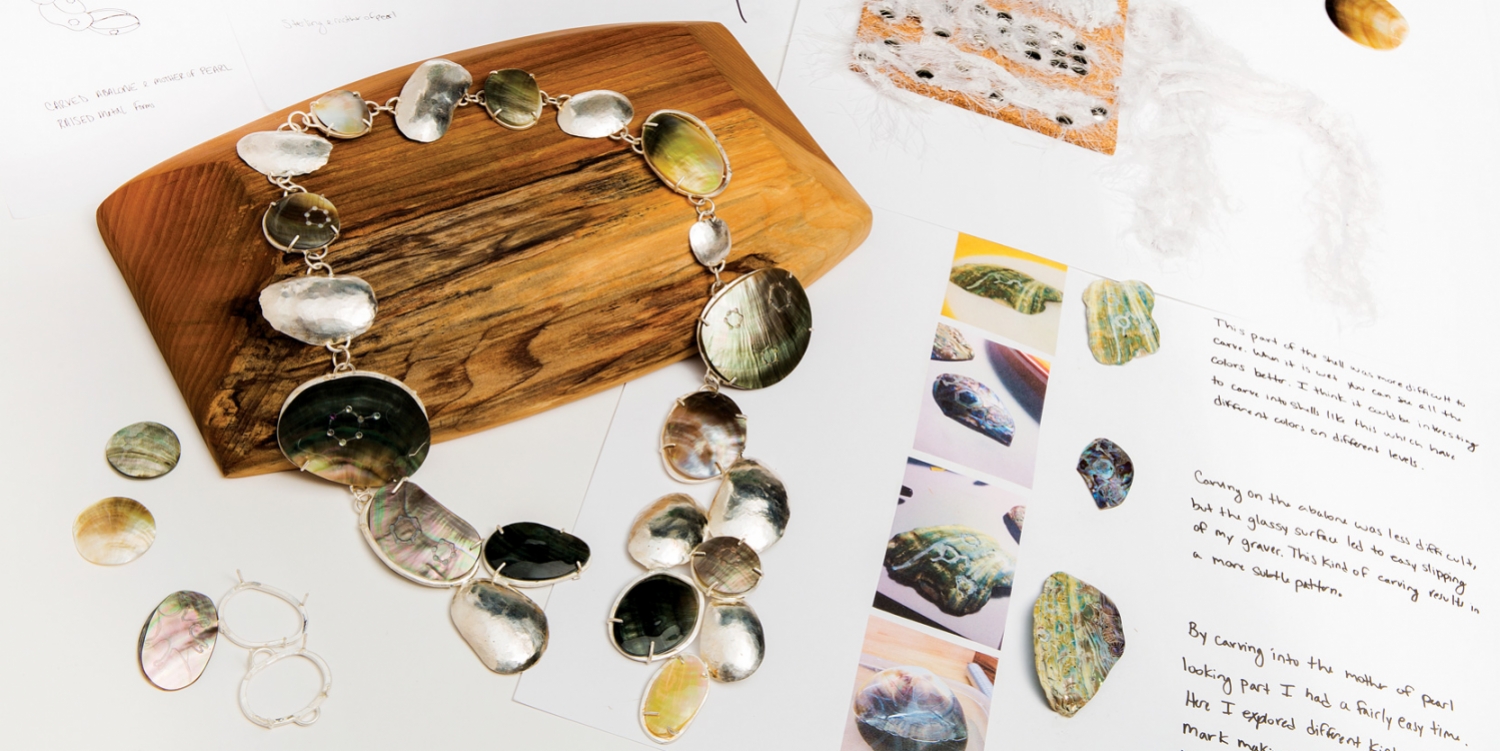

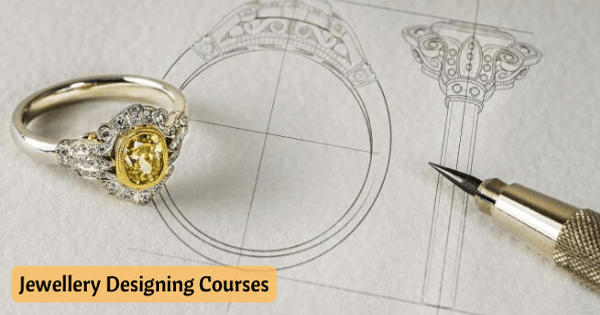

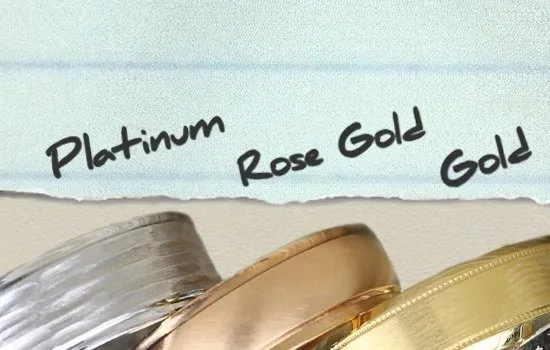
Closure
Thus, we hope this article has provided valuable insights into Unveiling the World of Jewelry Education: A Comprehensive Guide to Jewelry Universities. We appreciate your attention to our article. See you in our next article!
